UCLA’s 2015 survey of US students found that “interest in political and civic engagement has reached the highest levels since the study began 50 years ago. Nearly 1 in 10 incoming first-year students expects to participate in student protests while in college.” In The 2014 Allstate-National Journal Heartland Monitor Poll, 83 percent of millennials said that if Americans volunteered more time and money to community groups and charitable organizations, it would make life better around them. Meanwhile, the poll also showed that 66 percent of millennials believe local business—another community-focused effort—can help them live a good life. Less than half of non-millennials agreed with them. But while millennials exhibit more faith in community volunteering and entrepreneurship than other Americans, they set historically low marks for trust in government last year, according to a Harvard University Institute of Politics survey. What political movements do millennials care about? How will the future of activism be shaped by technology and globalization? Our Millennial Bloggers are based all over the world. They are innovators in entrepreneurship, journalism, education, entertainment, and academic scholarship. We asked them to weigh in.
“Yes, we have a lot of opinions but we have found different and innovative ways to express ourselves,” writes Reetta Heiskanen. “For example, in Finland, we have several different parties with different agendas and it’s not that easy to put people into specific boxes regarding their political opinions. And I believe that is a good thing. The world has never been black and white — all the interesting stuff lies in grey areas.” Read: Does My Generation Care about Political Decision-Making?
“Either from Afghanistan or New Mexico, Sweden or Nepal, the youth care more about bettering social conditions at grassroots level rather than supporting a top-down approach,” writes Sajia Darwish. “Above all, we want equality and justice to prevail not only on small community levels but also on the governmental and global levels.” Read: Is Knowledge Alone Enough?
“For many millennials, activism is no longer an “activity”, but rather a life-long choice that seeks to mesh together a fulfilling career and meaningful life,” writes Kamna Kathuria. “Personally, my purpose is “impact” and my chosen means to get there is bettering education. How can I spend my life making school more fulfilling, more practical, and more equitable for all children?” Read: Disenchantment and Remedy
“If young people in our schools are not taught to think critically, to question, to judge sensibly, to use sound logic and reasoning to come to conclusions about matters of personal and national importance, then their decisions and judgements will be in the hands of anyone who can sway them in any direction,” writes Alusine Barrie. “We must be serious about equipping them with the tools necessary for them to fulfill their great potential.” Read: New Vision for Education
“While Millennials might prefer online activism, there is no denying that offline actions are equally, if not more, important to transform politics,” writes Bonnie Chiu. “Rather than staying out of politics and seeing political decisions against our will being made to us, we need to rise up and redefine politics.” Read: From Online to Offline – Re-imagining Political Activism for Youth
“No, we’re not political, mainly because most of us are self-absorbed in the extreme, but how can we not be when the mainstream narrative of ‘success’ we’ve imbibed from the time we’re in our (private) schools and universities and then go to work in (MNC) corporations is so ridiculously monolithic?”, writes Harmony Siganporia. “Capitalism has defanged not just the state machinery charged with our welfare, it has defanged us.” Read: To care or not to care, that is the question (or not. I don’t know. whatever.)
“Millennials are being forced to do things differently and to see things differently in order to survive in the world we were born into, “ writes Dominique Dryding. “This includes mobilising around political and social issues in a way generations before us did not and using resources, like technology and social media, which were not available in years gone by.” Read: 21st Century Political Activism
The Millennial Bloggers are Alusine Barrie, Sajia Darwish, Kamna Kathuria, Jacob Deleon Navarrete, Reetta Heiskanen, Shay Wright, Isadora Baum, Wilson Carter III, Francisco Hernandez, Erin Farley, Dominique Alyssa Dryding, Harry Glass, Harmony Siganporia and Bonnie Chiu. These remarkable young people have produced shows and founded companies. They have been featured on Forbes ‘Asia 30 Under 30’ list and honored by Asian Women of Achievement Awards. They have been awarded numerous scholarships and fellowships. They hold Bachelors, Masters, and Doctoral degrees. They run schools and train educators in underprivileged communities. They have taught all over the globe in environments ranging from maximum security prisons to elementary schools.
(Photos are courtesy of CMRubinWorld)
Join me and globally renowned thought leaders including Sir Michael Barber (UK), Dr. Michael Block (U.S.), Dr. Leon Botstein (U.S.), Professor Clay Christensen (U.S.), Dr. Linda Darling-Hammond (U.S.), Dr. MadhavChavan (India), Professor Michael Fullan (Canada), Professor Howard Gardner (U.S.), Professor Andy Hargreaves (U.S.), Professor Yvonne Hellman (The Netherlands), Professor Kristin Helstad (Norway), Jean Hendrickson (U.S.), Professor Rose Hipkins (New Zealand), Professor Cornelia Hoogland (Canada), Honourable Jeff Johnson (Canada), Mme. Chantal Kaufmann (Belgium), Dr. EijaKauppinen (Finland), State Secretary TapioKosunen (Finland), Professor Dominique Lafontaine (Belgium), Professor Hugh Lauder (UK), Lord Ken Macdonald (UK), Professor Geoff Masters (Australia), Professor Barry McGaw (Australia), Shiv Nadar (India), Professor R. Natarajan (India), Dr. Pak Tee Ng (Singapore), Dr. Denise Pope (US), Sridhar Rajagopalan (India), Dr. Diane Ravitch (U.S.), Richard Wilson Riley (U.S.), Sir Ken Robinson (UK), Professor Pasi Sahlberg (Finland), Professor Manabu Sato (Japan), Andreas Schleicher (PISA, OECD), Dr. Anthony Seldon (UK), Dr. David Shaffer (U.S.), Dr. Kirsten Sivesind (Norway), Chancellor Stephen Spahn (U.S.), Yves Theze (LyceeFrancais U.S.), Professor Charles Ungerleider (Canada), Professor Tony Wagner (U.S.), Sir David Watson (UK), Professor Dylan Wiliam (UK), Dr. Mark Wormald (UK), Professor Theo Wubbels (The Netherlands), Professor Michael Young (UK), and Professor Minxuan Zhang (China) as they explore the big picture education questions that all nations face today.
The Global Search for Education Community Page
C. M. Rubin is the author of two widely read online series for which she received a 2011 Upton Sinclair award, “The Global Search for Education” and “How Will We Read?” She is also the author of three bestselling books, including The Real Alice in Wonderland, is the publisher of CMRubinWorld and is a Disruptor Foundation Fellow.
Follow C. M. Rubin on Twitter: www.twitter.com/@cmrubinworld

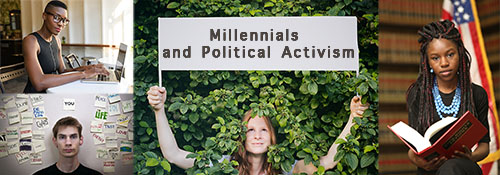

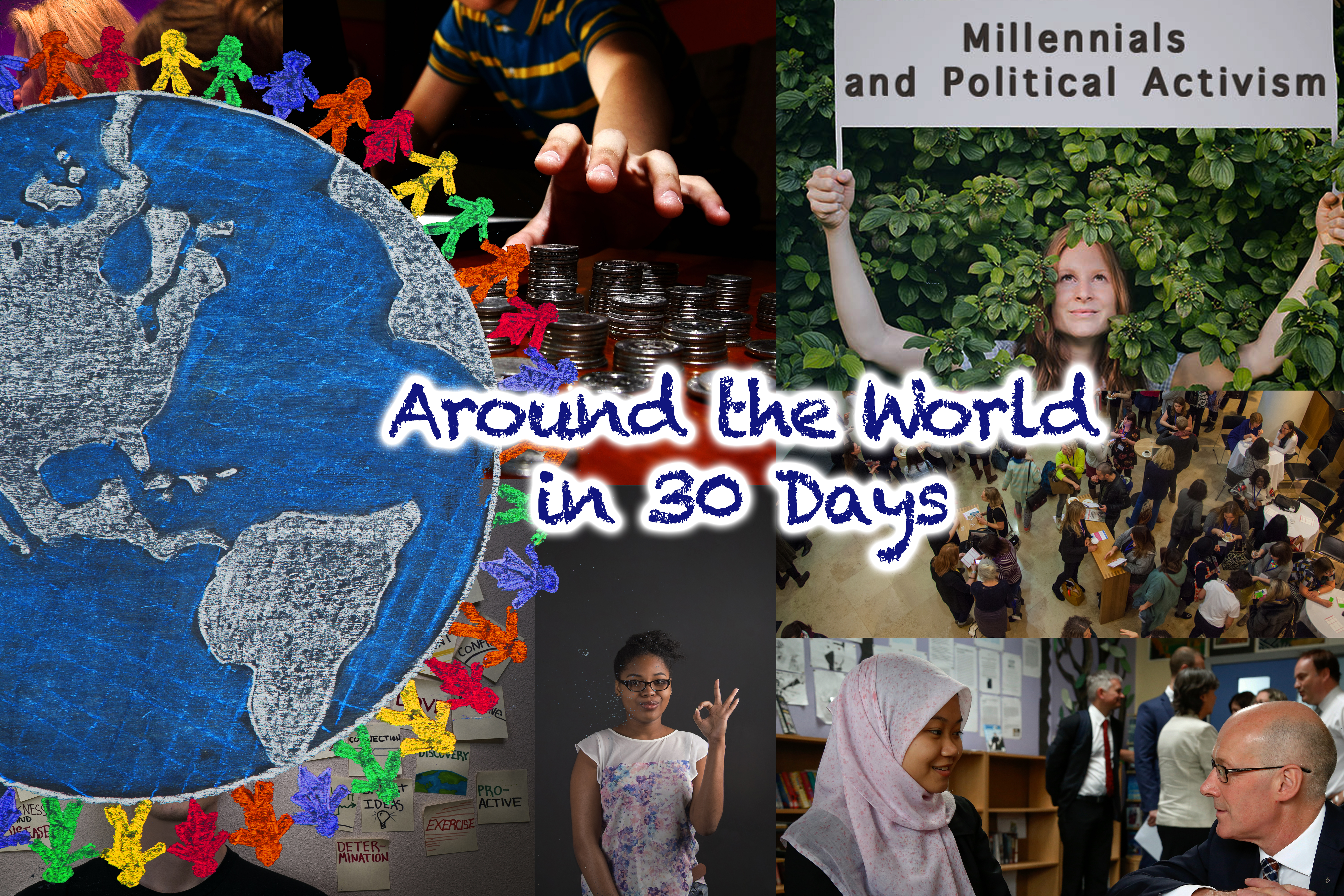
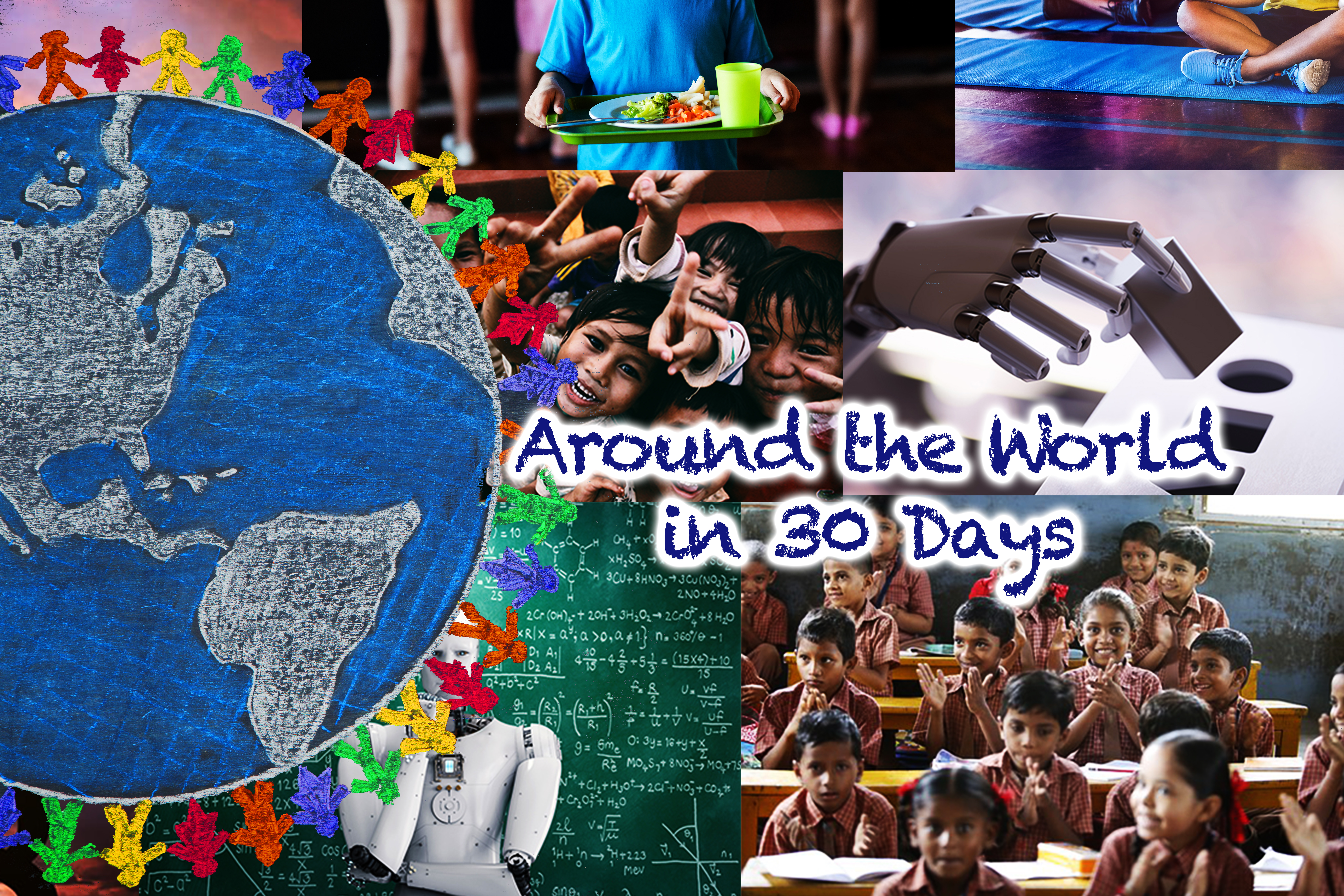
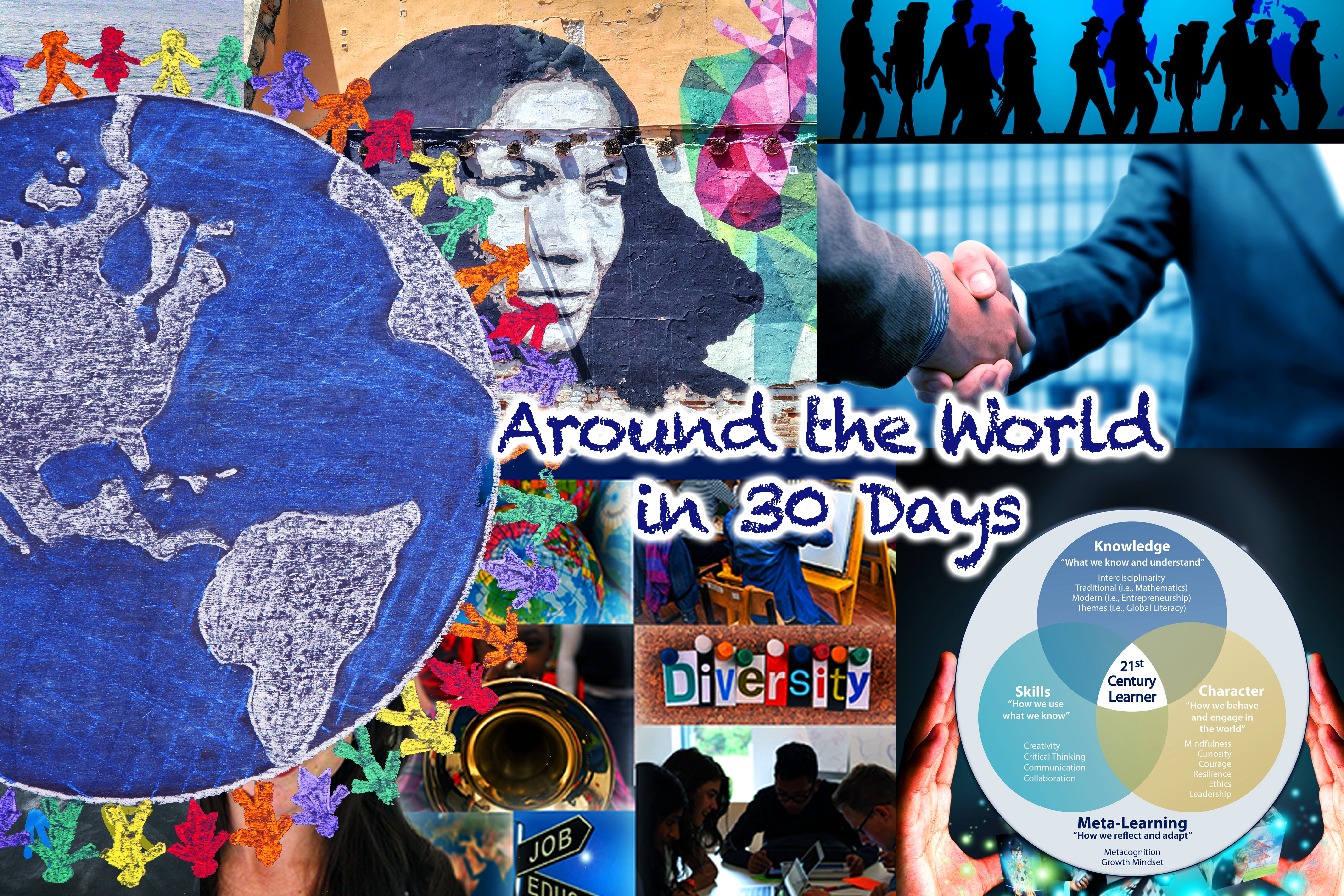
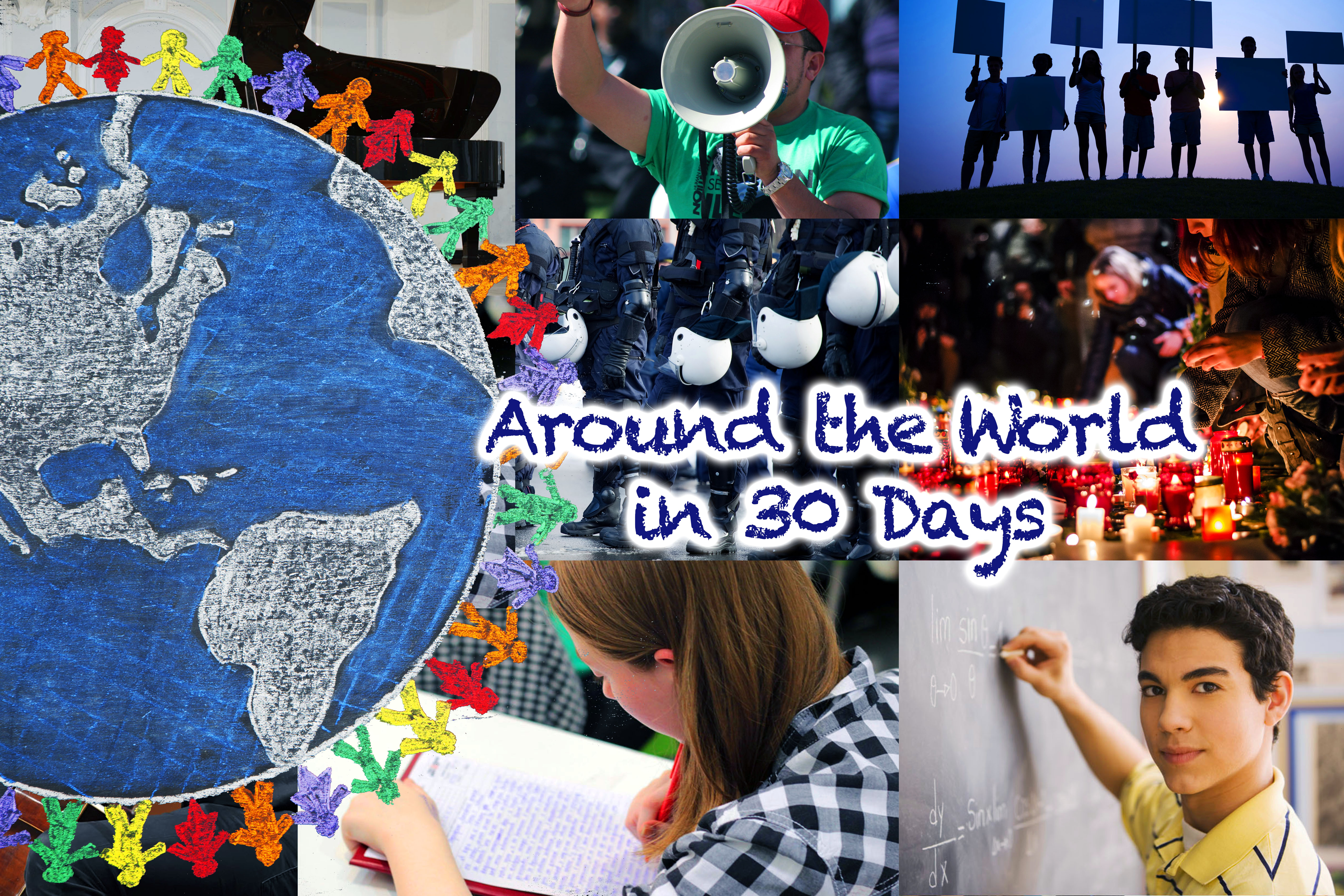
Recent Comments